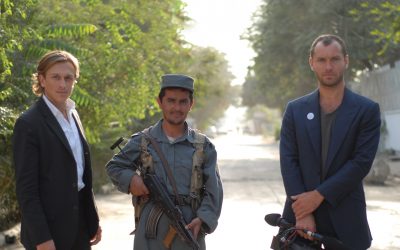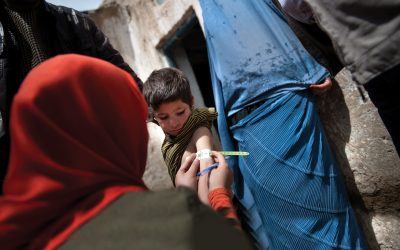Some of the greatest of all tragedies from the war in Afghanistan are the mortalities and injuries borne by the troops who served there. But often forgotten are the psychological wounds this war has left behind. Combat Stress is the leading mental health charity for veterans, providing specialist welfare and clinical treatment for those suffering psychological injuries.
This charity is at present supporting 5,900 veterans across the UK and recently their referrals have reached an all time high with a 26% increase. The increase is related to the wars in Afghanistan and Iraq, almost in equal numbers.
Combat Stress has treatment centres based in Ayrshire, Shropshire and Surrey where diagnosis and treatment is given for such conditions as Post Traumatic Stress Disorder (PTSD) along with counseling by psychiatrists and psychologists and occupational therapy.
They also have what is called Community and Outreach Teams nationwide in addition to a Reserve Forces Liaison Team who works with Reservists. All of these facilities are backed up by a 24 hour Helpline for veterans, serving personnel and families.
The 26% rise in referrals mentioned previously is of concern and Dr Walter Busutti, Director of Medical Services said, “We are very concerned at the significant rise in those coming forward with military PTSD. It is the biggest increase we have seen in recent years and we expect it to continue, so we want to build up our clinical services accordingly.” He went on to say, “The good news is that we do have treatments that work.”
Lewis had always wanted to do his bit for Queen and country and follow in the footsteps of his great grandfather who served in the Coldstream Guards.
In January 2008 he joined 4 Rifles and specialised in driving heavily armoured personnel carriers, which were essential to operations in Afghanistan.
Lewis was eventually deployed to Helmand Province in October 2009 at just 20 years old. What he encountered changed this young man’s life forever.
His battalion came under repeated attack; casualties were high and the pressure was intense, but the constant threat of Improvised Explosive Devices (IEDs) took the greatest toll on him. “It was like playing Russian Roulette,” says Lewis. “You didn’t know when it would be your time.”
One particular incident shook him to the core. A good friend had taken his place on patrol one day whilst Lewis stayed on base.
News returned that his friend was in serious trouble. Lewis drove the medical team to where they found him: still alive but so profoundly injured by an Improvised Explosive Device (IED) that they could not save him. Casualties mounted and personal losses continued. A month before his tour was due to end, another of his friends died whilst Lewis was away.
It was like playing Russian Roulette, you didn’t know when it would be your time.”
Lewis left the Army in December 2010 and in the summer of 2011, Lewis’s life began to unravel: he suffered depression, nightmares and flashbacks. His emotions and behaviour became erratic and his personal relationships affected.
Lewis was referred for counselling, which he did not take to. He was, he says: “A typical soldier – nah, this isn’t for me.”
However in 2013 after a further, heart-breaking loss – his father in a tragic accident – he saw a TV programme about a traumatised veteran successfully helped by Combat Stress. He recognised the same set of symptoms and contacted the charity, which helped him to begin to turn his life around.
Lewis explains: “I was diagnosed with Post Traumatic Stress Disorder and did an intensive treatment programme, I’m a lot calmer now and I feel like a new man. I’ve got some confidence and a bit more go in my life.”
Now 25, Lewis has plans for his future: “I want to establish my own pest control business. I’ve bought a van but I’ve still got to get the specialist equipment. I don’t want to rush it though – my health is more important.”
He explains “I’m so glad I found the courage to pick up the phone. I don’t think there’s anyone else out there who could have helped me like Combat Stress. It’s not just the environment, the welcome and the kindness of the staff; they are so experienced in helping people like me.”
Tim Brawn, Fundraising & Communications Director at Combat Stress comments, “The Rotary Clubs’ support for the charity is fantastic. We’re always delighted to meet members and explain more about our specialist mental health services for veterans, and thank them for raising funds to support ex-Service personnel. Our troops may have come home from Afghanistan, but the legacy of conflict continues for those who bear psychological injuries for many years.”
“The work of Combat Stress remains as vital today as it was when we were founded in 1919. We exist largely due to the generosity of the general public and Rotary Clubs are so helpful in ensuring we carry on delivering vital care to our veterans.”



























































